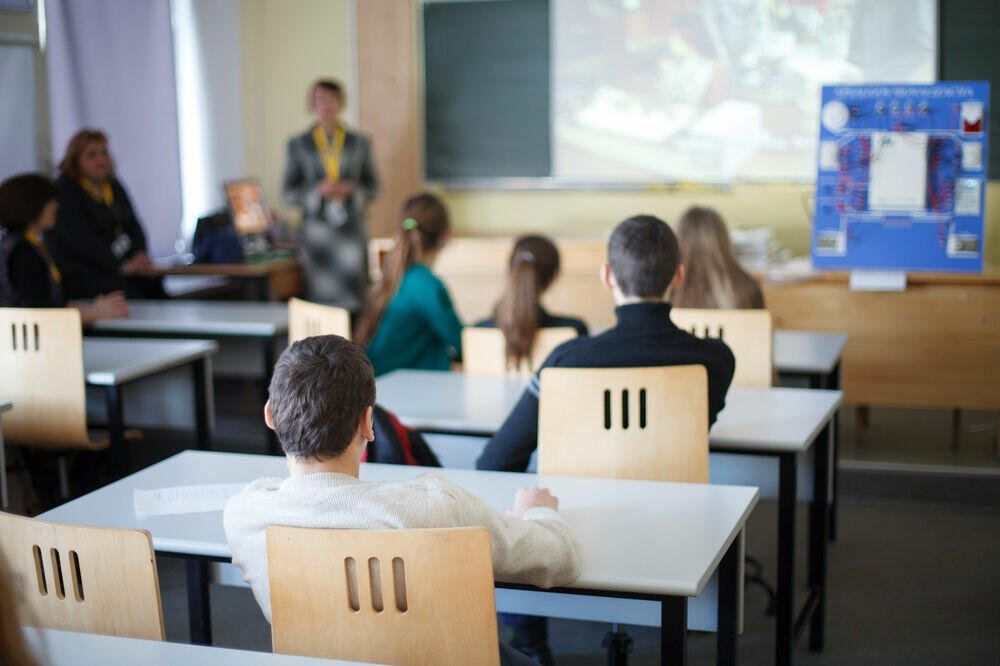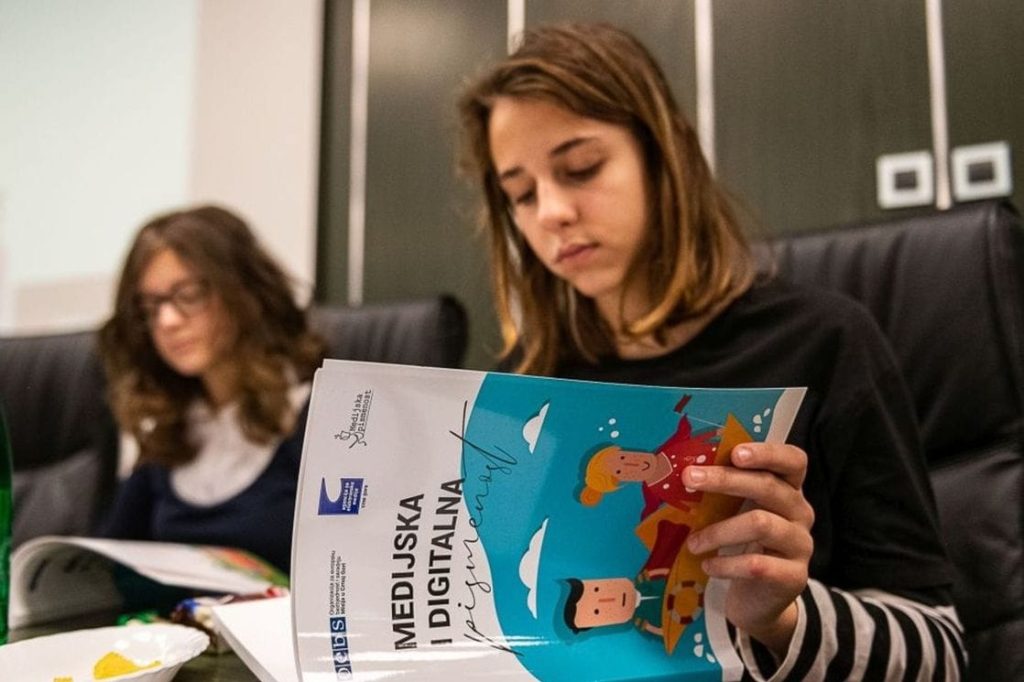Media literacy rates in Montenegro are gradually improving, with increased awareness of the importance of critical thinking and information verification. Montenegro has recognized the importance of media literacy and has implemented various educational initiatives to promote it.

Media literacy is included in the curriculum of primary and secondary schools, aiming to equip students with the necessary skills to critically analyze and evaluate media messages. Several NGOs in Montenegro actively work towards promoting media literacy. They organize workshops, training sessions, and awareness campaigns to educate individuals, especially young people, about media literacy concepts and techniques. Media literacy initiatives often involve collaboration between educational institutions, NGOs, and media organizations. Media outlets play a crucial role in promoting media literacy by providing access to resources, expert opinions, and responsible journalism. With the increasing influence of digital media platforms, media literacy programs in Montenegro also address the specific challenges posed by the digital landscape. This includes teaching individuals how to navigate online sources, identify misinformation and disinformation, and protect their privacy and digital well-being.
Montenegro attracts a significant presence of international media organizations, particularly during major events such as elections or political developments. International media outlets contribute to the diversity of viewpoints and provide an external perspective on local issues. Montenegro collaborates with international organizations, such as UNESCO and the European Union, to enhance media literacy efforts. These partnerships provide resources, expertise, and best practices to strengthen media literacy initiatives in the country.
The effectiveness of media literacy initiatives in Montenegro is continuously evaluated to ensure their impact and address emerging challenges. Regular assessments help in adapting and improving media literacy programs to meet the evolving needs of individuals and society.

In Montenegro, as in many countries, fact-checking initiatives have emerged to combat misinformation and promote truthfulness in journalism. Fact-checkers in Montenegro analyze news stories, statements, and claims made by politicians, public figures, and media outlets to verify their accuracy.
These fact-checkers employ rigorous methods and research techniques to investigate the claims being made. They rely on credible sources, official data, and expert opinions to verify or debunk the information presented. Fact-checkers often collaborate with journalists, researchers, and organizations dedicated to media integrity and accuracy.
In September 2021, there are no specific fact-checking organizations based in Montenegro. However, it’s important to note that fact-checking initiatives and efforts are carried out by various media outlets, journalists, and civil society organizations in the country.
In Montenegro, media outlets and journalists often engage in fact-checking practices as part of their reporting and investigative work. They strive to verify information, scrutinize claims, and provide accurate and reliable news to the public. These efforts contribute to promoting media integrity and combating misinformation.
Additionally, international fact-checking organizations like FactCheckEU and organizations such as the International Fact-Checking Network (IFCN) provide resources, guidance, and collaboration opportunities to media outlets and journalists in Montenegro and across the world. These organizations work towards fostering fact-based journalism and improving media literacy.
The most famous platform for verifying the credibility of information which provides media outlet is raskrinkavanje.me.
References:
- Private library and researches – presentations from follow-up workshops
- Wikipedia
I love looking through an article that will make men and women think.
Also, thanks for permitting me to comment!